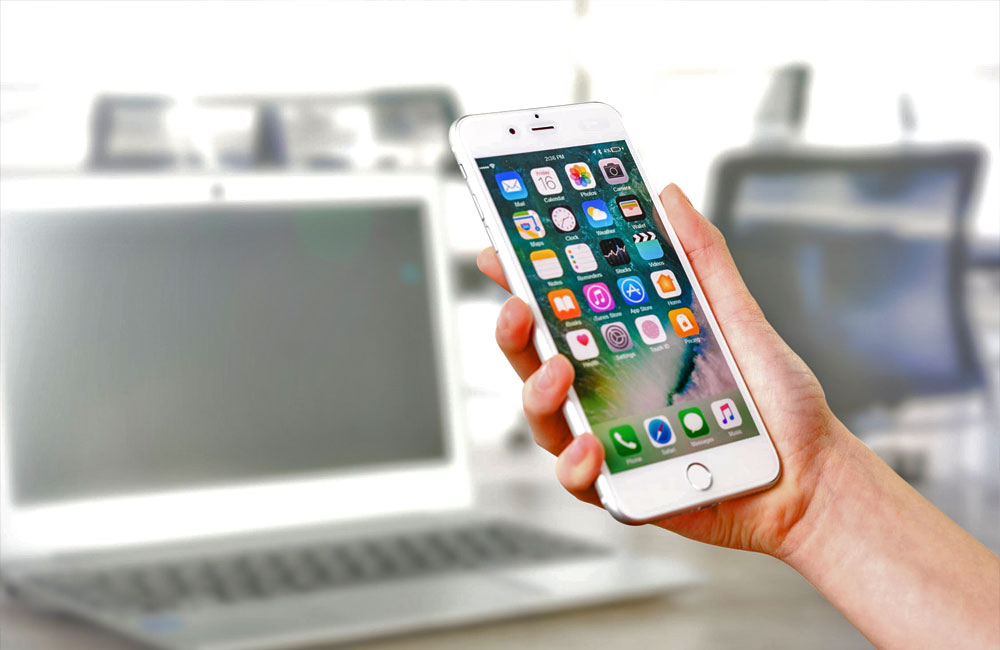
Source: Pexels
Microtransactions; freemium; loot boxes; buzzwords and jargon aside, the world of iGaming is a large and complex one, and its rules and regulations exist for very good reason. Consumer protection exists in all markets across almost all economies, and when it comes to online transactions, entertainment and gambling, things are no different.
What exactly are the laws surrounding iGaming, then? How do app stores help to regulate them, and do they have any of their own?
On a National Level
In 2003, UK Culture Secretary Tessa Jowell suggested changes: technology was advancing, and gambling laws should advance in kind. A bill came forward with three precise aims. Firstly, to ensure no link between gambling and crime. Secondly, to ensure that gambling, wherever or however it takes place, is conducted fairly. And thirdly, to protect both children and adults from exploitation and harm. It is these three tenants which guide UK law around iGaming, and the third which comes up most often – what practices are exploitative, and what are fair? In the US, things take place on a more statewide level of government.
Put simply, both customers and companies are safe when their games fairly represent odds, winnings and steer clear of predatory tactics. An online casino such as Bob Casino might offer bonuses, exclusive rooms or free spins, for example. Adult consumers can indulge in their own time, fully aware of the service. All well and good. But if a mobile game aimed at or primarily played by kids were to do the same, stretching beyond the usual microtransactions or exacerbating them, there might be a problem.
Company Control
It’s not just countries which have a say in how and when in-app or online purchases can take place. Some responsibility falls to the app stores which host and distribute these titles, and both Google and Apple have differing approaches. When you buy an app from the Google Play or Apple Store, a percentage of that price goes to the parent company. It’s their fee for the use of their service; reviews, accessibility, visibility. And when you make an in-app purchase, more often than not, they also happen to take a cut.
It’s highly unlikely that Apple or Google will host a harmful or controversial app. It’s also highly unlikely that they’ll allow microtransactions for anything other than the content listed on their support website. With the benefit of a cut of the profits comes the responsibility of their brand name partially on the tin, after all. Apple is strict about how apps update. Apple is strict about how and when they charge.

Source: Pexels
Google, on the other hand, is a little more relaxed, if only relatively. When you use the checkout with Google Play to make an iGaming transaction, the finance goes through Google – the app company never handles your information. That’s a plus. And Google expressly concerns that developers must not mislead users about the content they are selling, nor about any functionality of the purchase.
iGaming is an evolving market, one that hops between platforms, genres and international law. As a consumer you’re likely safe in most cases, however – there are two lines of defence in your protection. That of country law, and that of corporate brand protection.
 Huawei Nova Lite 3
Huawei Nova Lite 3  Apple iPhone 16 Pro Max
Apple iPhone 16 Pro Max  Apple iPhone 15
Apple iPhone 15  Xiaomi Redmi Note 9
Xiaomi Redmi Note 9  Tecno Pova 3
Tecno Pova 3  OnePlus 2
OnePlus 2 

